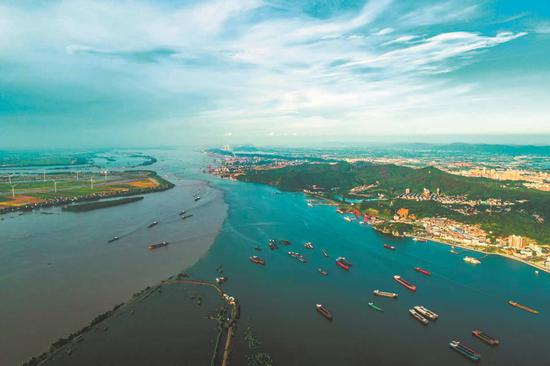
The Poyang Lake (right) converges with the Yangtze River in Hukou, Jiangxi province. Due to differences in silt, a division of color is often observed between the two water bodies. (CHINA DAILY)
Gene pool
Poyang Lake in Jiangxi serves as a vital habitat for the porpoise. The 2022 survey showed there were 492 finless porpoises in the lake alone, which accounted for nearly 40 percent of the total population.
The provincial government established a 6,800-hectare reserve dedicated to porpoise conservation in 2004, emphasizing the protection of the species. When the fishing ban in the Yangtze basin was announced, Jiangxi acted faster than many other provinces — the moratorium began in 2020, a year earlier than the required date.
The national agricultural authority regards Jiangxi as "the key to the protection of the Yangtze finless porpoise", according to a 2022 report on Jiangxi provincial government website.
By this, it means that Jiangxi is a gene pool for the porpoise. In the past few years, Jiangxi has transported a number of porpoises from Poyang Lake to relocation protection bases in neighboring provinces such as Anhui and Hubei, in order to ensure genetic diversity there.
At present, the province is building its first relocation protection base for the porpoise. Designed to cover a total area of 800 hectares in Hukou, the base is expected to be able to accommodate up to 64 porpoises upon completion.
"The new base will be a necessary supplement to the existing on-site protection and keep porpoises safe from threats caused by fluctuating water levels and human interference," said Yu Xianhua, head of Hukou county's aquatic life protection center.
The fluctuation of the water level in Poyang Lake is so huge that the lake's surface area varies dramatically, and this can also cause problems for marine life. The lake experiences its highest water levels in July, with it gradually receding to the dry season from October to March. Previous reports show that depending on the water level, the surface area of Poyang can range between 500 square kilometers and 4,000 sq km. At its most severe, most of the lake bed was covered by grass and wetland.
"In dry seasons, groups of porpoises would swim into the saucer-shaped lakes that form, which poses a big risk to their safety," he said. In addition, the extraction of sand and minerals from the Poyang Lake bed would leave deep pits that could strand the porpoises.
Yu said when porpoises are stranded in "plate lakes" — those separated from the lake's main body during the dry season — and deep pits, his protection team and similar organizations take emergency measures to rescue them, including feeding and relocating them.
In February last year, when Jiangxi was hit by a serious drought, more than 100 porpoises in Poyang Lake were driven from shallow waters into deeper waters before things got worse, and eight porpoises were transported safely to relocation bases in Anhui and Hubei as well as a temporary care site in Hukou.
The two porpoises that were moved to Hukou received much attention. "We assigned dedicated personnel to take care of them, and we release an average of 1,500 kilograms of fish fry each month to feed them," he said, adding that the two porpoises have grown bigger.
Despite these efforts, problems remain. An undercover investigation by central environmental inspection teams in March found that there were still several problems in Jiangxi that threaten the lives of porpoises, including illegal fishing and agricultural runoff pollution in some parts of Poyang Lake.
The investigation was carried out in the same month as the State Council issued a notice announcing more targeted measures in support of the decadelong fishing ban.
In a gesture showing Jiangxi's resolve to protect the Yangtze ecosystem, Yin Hong, Party secretary of the province, and Ye Jianchun, the provincial governor, made inspections to counties mentioned by the central environmental inspection report in May, urging local authorities to seriously reflect on their negligence of duty and act promptly.
"Efforts must be made without any compromise to ... strengthen the protection of the Yangtze finless porpoises," Yin said.
From fisher to protector
When Jiangxi took the lead in implementing the fishing ban in key waters, it meant the province's many fishermen could no longer rely on fishing to make a living and must find new jobs.
So far 68,200 fishermen have been resettled, according to the provincial agricultural department.
Local authorities have hosted job fairs and offered free skills training for them to become qualified for new jobs or start their own businesses.
In addition, the local governments are tracking these people's employment status in order to provide help whenever there is a need.
Some fishermen have been hired to take care of porpoises in Hukou's temporary care base.
Others have chosen to join local patrol teams that help authorities fight against illegal fishing and rescue stranded porpoises. Hukou county established the country's first patrol team with such a purpose in June 2017, and Shu was one of the first fishermen to join.
"At first I was reluctant to join, as the work means I might confront some acquaintances," he said. "But my daughter encouraged me, saying it would be beneficial for the environment."
In good weather, he and other team members patrol by boat. On rainy days, they drive a vehicle along the shore. "As we used to be experienced fishermen, we know where the fish are likely to gather and where illegal fishing is likely to happen," he said.
In the past seven years, the 16-member patrol team has covered over 160,000 km on patrol, observed and recorded at least 5,200 sightings of Yangtze finless porpoises, and removed more than 30,000 kg of abandoned fishing gear and shrimp cages.
"My current job does not pay as much as before. But this job is more meaningful," he said. "Only when the environment improves can life get better for all of us."









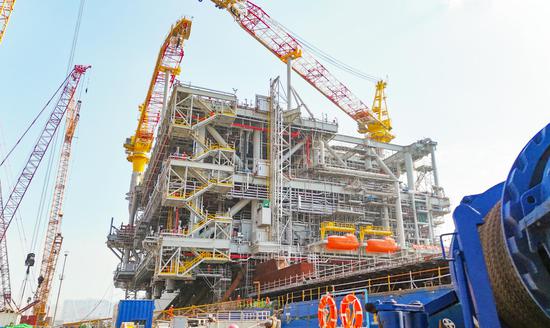


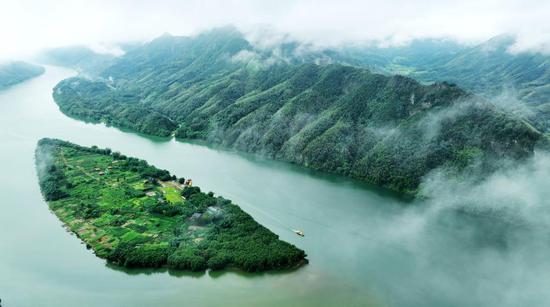











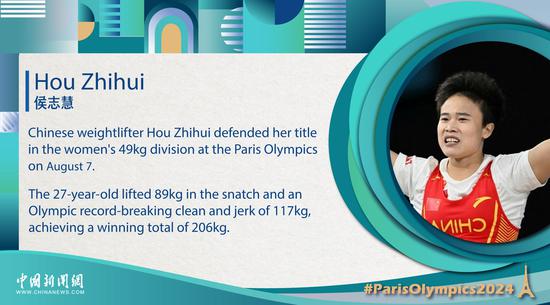












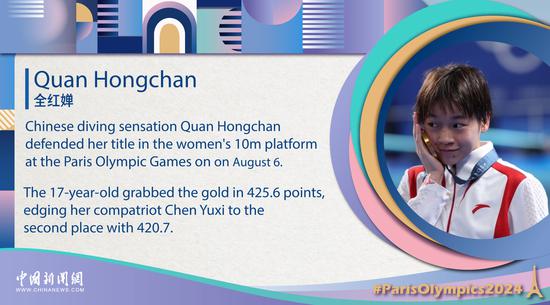

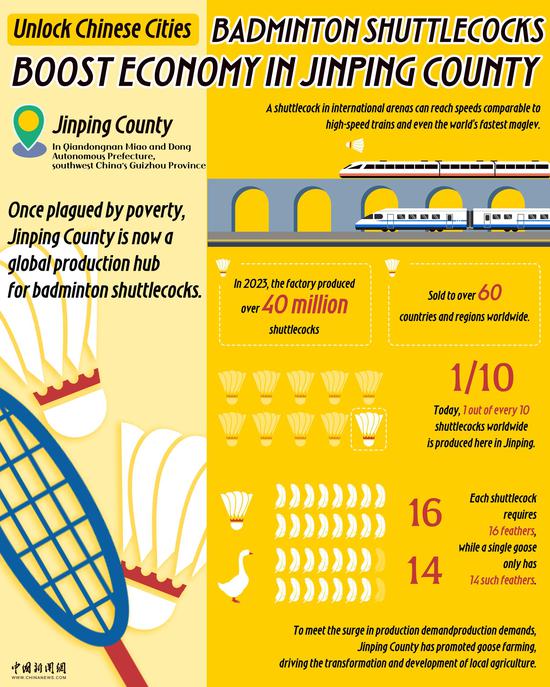
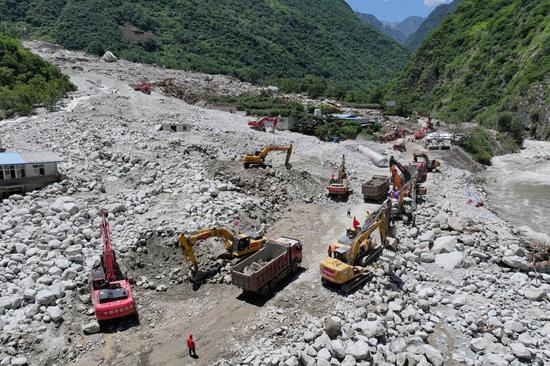









 京公网安备 11010202009201号
京公网安备 11010202009201号